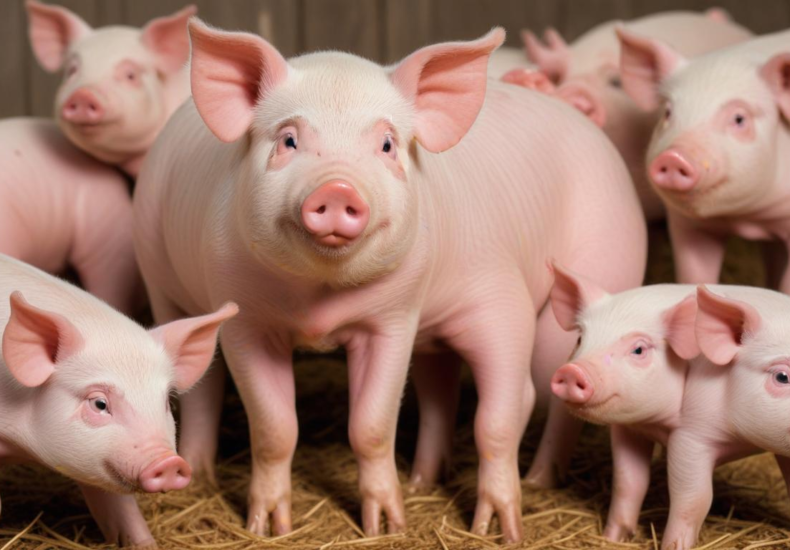Day: April 22, 2025

breeding pigs for improved meat quality through genetics
Genetic selection strategies in pig breeding significantly enhance meat quality by focusing on traits that impact sensory and nutritional aspects. Advanced techniques such as genomic selection and marker-assisted breeding enable breeders to identify and select for desirable characteristics, including marbling, tenderness, and growth rates, from an early age. As molecular genetics evolves, understanding the interplay of various traits and their implications for consumer satisfaction becomes crucial, shaping the future of pork production through improved efficiency and sustainability.

inbreeding effects on pig genetics
Inbreeding in pigs significantly impacts genetic diversity, raising concerns about health, reproduction, and adaptability. As closely related individuals mate, the risk of inherited disorders increases, leading to lower fertility rates, smaller litter sizes, and altered behaviors that can disrupt social structures. Understanding these effects is crucial for breeders aiming to maintain robust populations. Strategies such as outcrossing, crossbreeding, and genomic selection offer pathways to enhance genetic variability, ensuring long-term sustainability and improved performance in pig farming. The dynamics of pig genetics call for innovative approaches to safeguard the future of breeding programs.